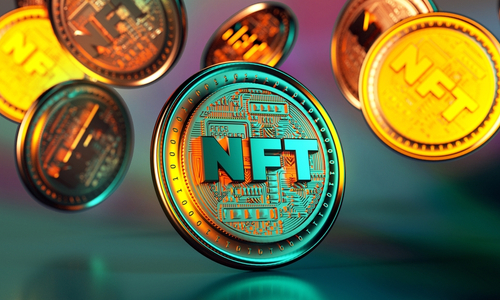The European Union is getting closer to adopting new rules for crypto assets, the so-called MiCA regulation (Markets in Crypto Assets) — but the nearer the negotiations between EU institutions are coming to an end, the more lawmakers realize that the text needs some tweaks.
The European Commission proposed this directive in 2020 as a response, at least partially, to the growth of stablecoins and the potential risk to financial stability. As this new product was unregulated, regulators feared that they could circumvent Anti-Money Laundering (AML) rules, so EU lawmakers designed a new law that would complement what existed. It’s one of the reasons the document heavily regulates stablecoins, referred to as “asset-referenced tokens” or “e-money tokens,” while leaving out other crypto assets, which are subject to lighter requirements.
Non-fungible tokens (NFTs) and most of the products that are purely decentralized (i.e. DeFi) fall outside the scope of the directive. PYMNTS wrote that given the evolution of these products, MiCA would probably need clarifications from day one — but lawmakers may not be waiting for day one to start making changes.
Related: The Global Challenge of Digital Asset Regulation
According to documents seen by Coindesk, the European Union could be considering forcing NFT issuers to centralize and register before they operate, significantly broadening the current scope of MiCA. The new proposal could also tighten the rules on overseas exchanges accessing the bloc and impose new restrictions to limit the energy use of crypto mining. This proposal is revealed just after crypto exchange Binance confirmed it had secured regulatory approval in France and is seeking approval in other EU countries.
The document has been prepared by France, which presides over the EU Council until June, but it will need to be discussed with the EU Parliament and the European Commission. Thus, for the time being, this document may reveal just a negotiating position. EU lawmakers may want to see NFTs included in the law to make sure that they are not used in laundering schemes — a position that may be supported by the European Commission, which has concerns over the integrity of the NFT market with a growing number of scams and frauds.
Want more news? Subscribe to CPI’s free daily newsletter for more headlines and updates on antitrust developments around the world.

